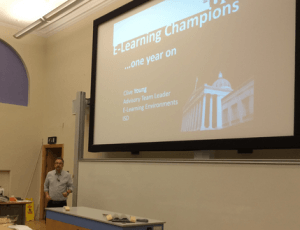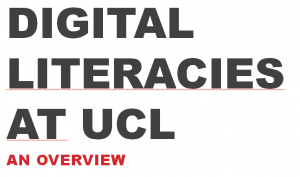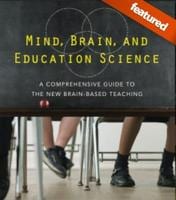UCL E-Learning Champions – one year on
By Clive Young, on 22 May 2014
 The UCL E-Learning Champions initiative is actually now a bit over a year old – we launched on Valentine’s Day in 2013. At the Summits & Horizons event on Monday we took the chance to review progress so far.
The UCL E-Learning Champions initiative is actually now a bit over a year old – we launched on Valentine’s Day in 2013. At the Summits & Horizons event on Monday we took the chance to review progress so far.
We have certainly grown over the last year, we now have over 130 members. Nearly all UCL departments and divisions are represented and although there is work to be done (not everyone knows who their Champion is!) in some areas the initiative seems remarkably well established.
I opened the session by reminding the sizeable audience that the Champions were key to our ambitious institutional target to develop departmental e-learning plans. Pairs of departmental E-Learning Champions – one academic and one teaching administrator (TA) – had been identified to help develop local e-learning statements articulating departments’ expectations and priorities, highlighting good practice, and identifying support needs.
Fourteen months into the implementation plan, this type of engagement with the champions has been excellent. Champions are well embedded in UCL’s learning technology strategic and support initiatives and are now beginning to be regarded as an important group of change agents, with the support of ELE.
This approach has already helped ELE benchmark e-learning activity, develop local plans across two of our schools and has led to the emergence of faculty-level e‑learning Champion groups. During the event our three E-Learning Facilitators, Jess Gramp (BEAMS), Natasa Perovic (SLMS) and Mira Vogel (SLASH) explained how the Champions had helped with a wide range of local initiatives and projects, in areas such as Turnitin, multimedia group work and enhancing Moodle provision.
The Champions’ role is also evolving. Mira reported that SLASH Joint Faculty Departmental Teaching Committee Chairs had been asked to ensure that their departmental E-Learning Champions were either members of the DTC or had a direct reporting link to it. SLASH has also convened an E-Learning Forum to discuss the issues of the day, identify support needs and plan future directions. Likewise in BEAMS there are now regular E-Learning Champions Faculty meetings in MAPS & Engineering. In SLMS Natasa has been meeting with meetings with all faculty tutors and now divisions. She reported the E-learning needs in SLMS are also related to collaborative tools (for content delivery and learning activities), media rich interactive resources and ‘beyond the baseline’ Moodle activities.
We asked attendees if the Champions’ role should be more ‘formally ‘described but the audience was split. As one participant said, it was the informality of the group that made it successful.
We believe UCL is at the forefront of recognising that the complexity of e-learning provision in a modern university requires the development of a digitally literate community comprising a wide range of colleagues. We therefore discussed the personal development of Champions and Rosalind Duhs from CALT explained how the UCL Arena Fellowship programme could be an excellent route. Being a Champion and involvement in local projects would provide a sound basis for the development of portfolio case studies.
The session was concluded with an engaging presentation from Dr Adrien Desjardins who explained his role as a Champion in Medical Physics and Bioengineering. This was followed by further contributions from the audience and a lively discussion. We are planning a more formal review of the programme and this was a great start. Many thanks to all who contributed.
 Close
Close



